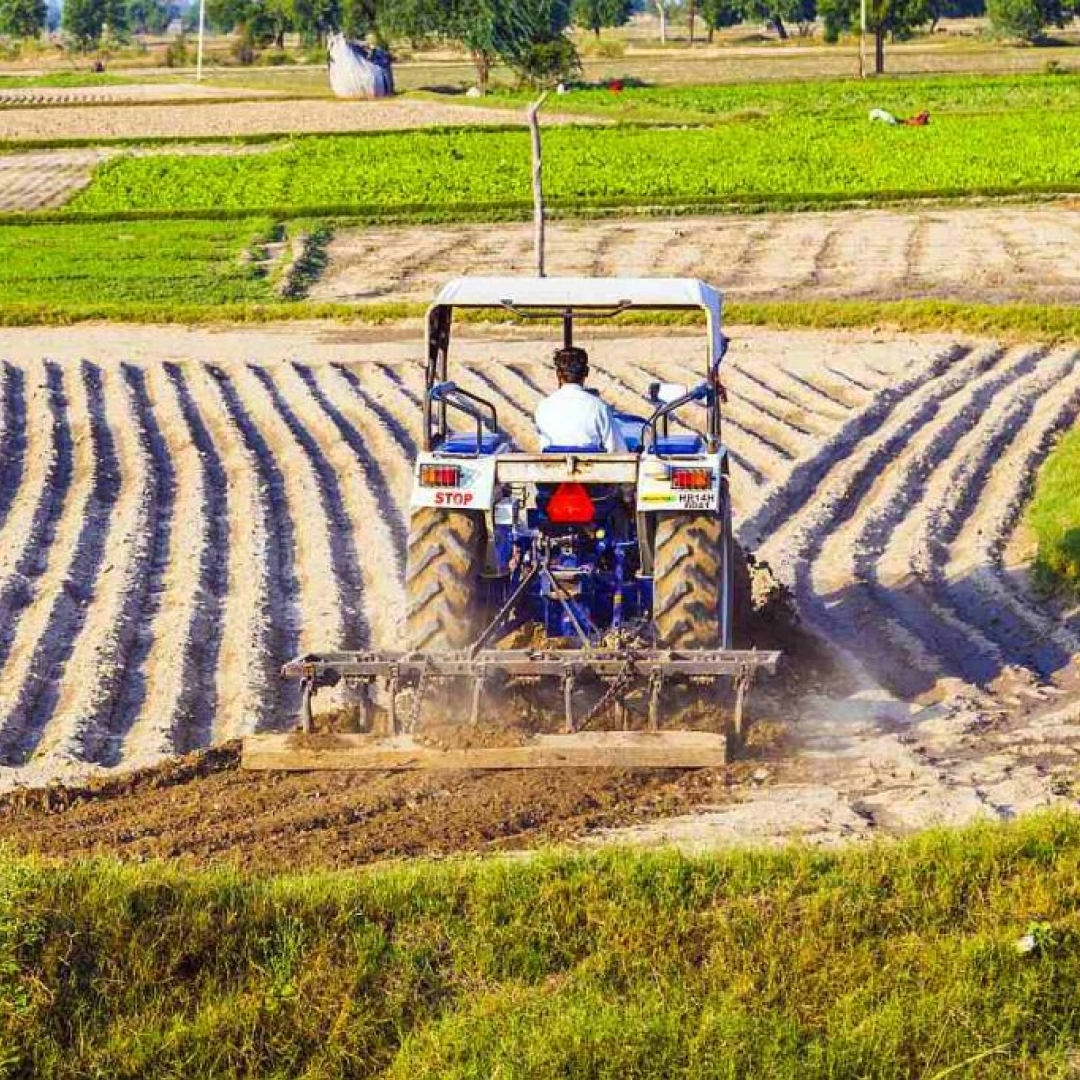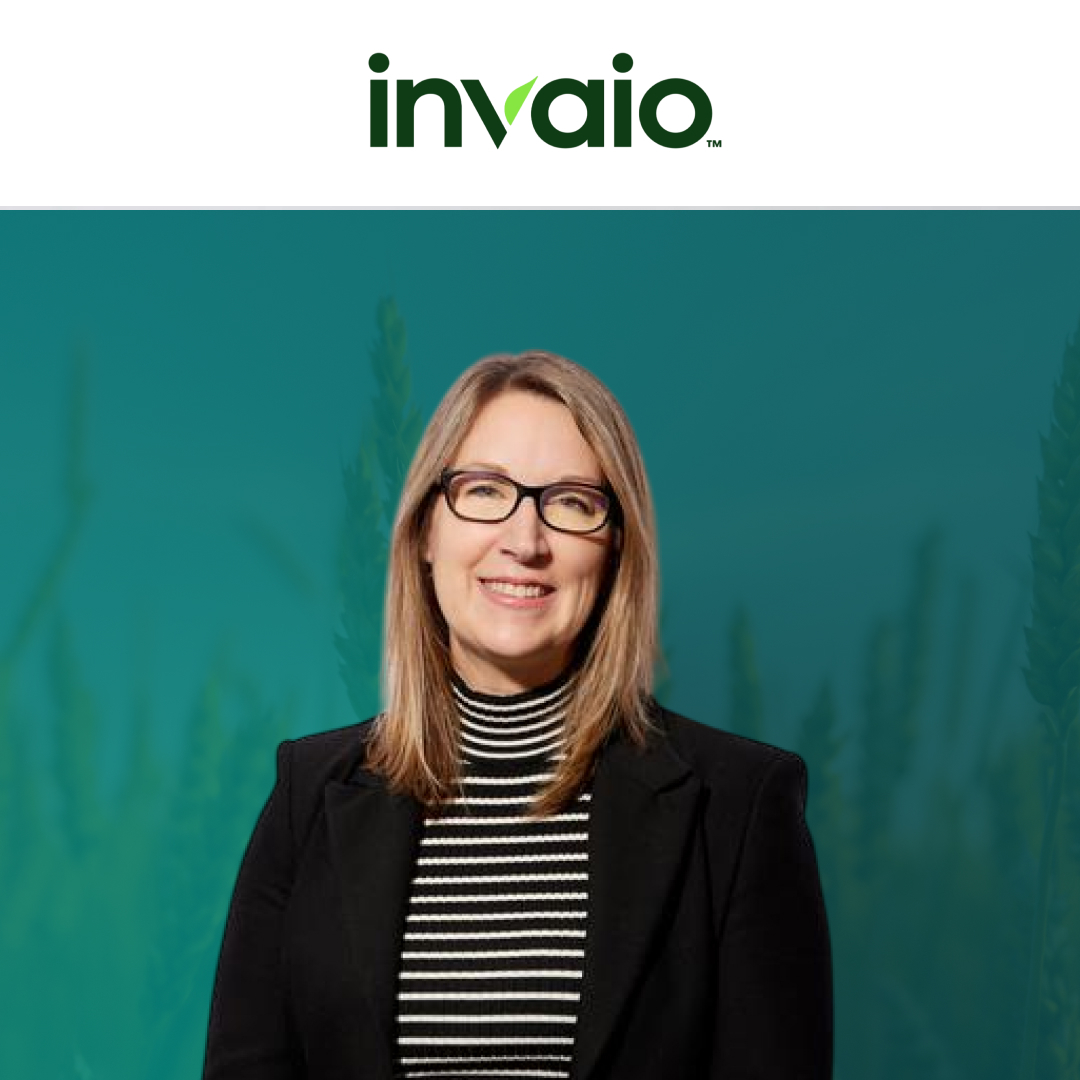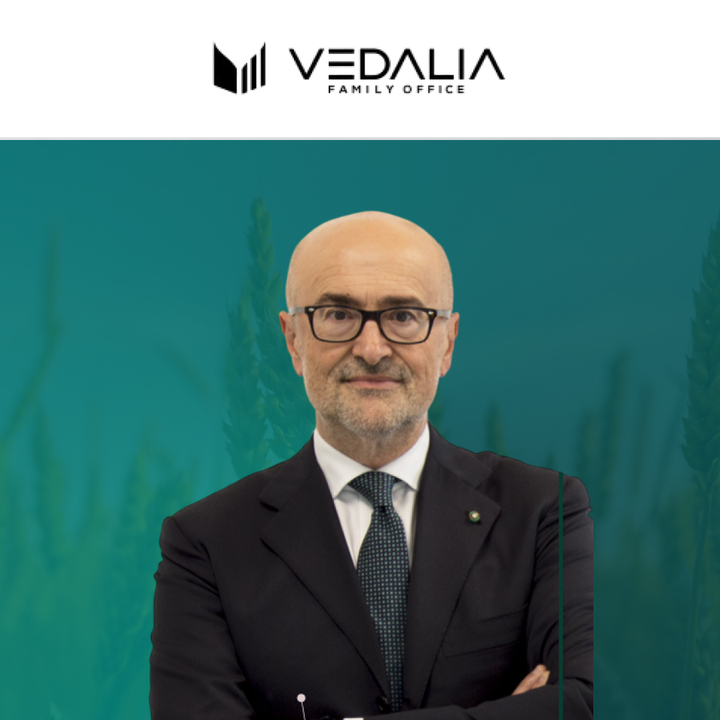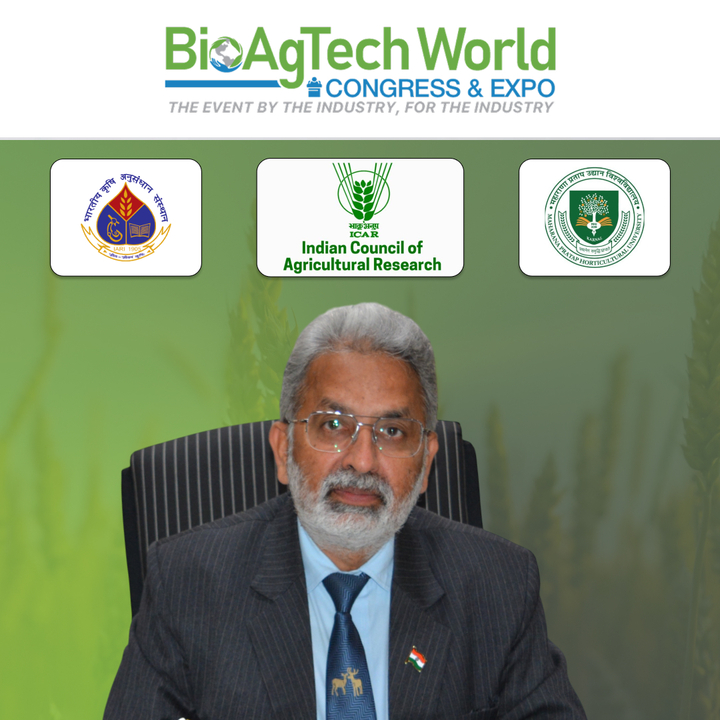
While carbon dioxide often dominates discussions on greenhouse gases, nitrous oxide (N2O) remains one of the most potent yet overlooked contributors to agricultural emissions. In fact, N2O ranks as the largest greenhouse gas emission source in agriculture and third-largest overall. Unlike CO2, curbing nitrous oxide emissions requires direct action at the farm level—a step that many companies struggle to influence, as it falls within scope 3 emissions, which are indirect and occur outside a company’s operations.
Pivot Bio, an ag-tech company, has developed a groundbreaking solution for this challenge. “These changes have to happen at the farm,” explains Chris Abbott, CEO of Pivot Bio. “A grain company doesn’t inherently have access to the farm. They don’t sell crop input. They don’t sell fertilizer. They need a partner to do that.” Enter Pivot Bio’s N-Ovator program—a platform that connects companies with farmers to collectively tackle upstream nitrous oxide emissions by replacing synthetic nitrogen fertilizer with a sustainable, microbe-based alternative.
How the N-Ovator Program Works
The N-Ovator program is specifically designed for companies, such as Nestlé and Heineken, that are serious about addressing their supply chain’s carbon footprint. Through N-Ovator, these companies can buy nitrogen credits tied directly to reductions in nitrous oxide emissions on farms. This approach, known as insetting, focuses on reducing emissions within a company’s own supply chain, rather than offsetting by investing in unrelated projects. The result is a direct and measurable impact on agricultural emissions.
At the core of the program are Pivot Bio’s nitrogen-fixing microbial products. Farmers who use these products can replace polluting synthetic fertilizers with a sustainable solution that provides crops with essential nitrogen without the associated emissions. As a result, farmers are empowered to make impactful changes, while companies gain verifiable data to quantify and report progress toward their climate goals.
The Impact of N-Ovator on Farmers and the Environment
The benefits of the N-Ovator program are twofold. For companies, it provides a clear path to reduce scope 3 emissions, offering a way to directly invest in sustainable practices within their own supply chains. For farmers, it opens up a new revenue stream. Farmers who adopt Pivot Bio’s alternatives and verify their practices are compensated for their efforts, with more than $6 million paid out through the program as of February. In 2023 alone, participating farmers replaced over 16,500 tons of synthetic fertilizer across 800,000 acres, a significant contribution to reducing agricultural emissions.
The N-Ovator program stands out as the first tech platform specifically designed for N2O insetting. Rather than relying on broad offsets, the program allows companies to achieve intrinsic emissions reductions within the supply chain, directly benefiting both growers and the environment. By providing farmers with data to quantify their decarbonization efforts, N-Ovator is changing the landscape of sustainable agriculture and showing the potential of collaborative solutions.
Looking Forward: The Future of Sustainable Agriculture with N-Ovator
Pivot Bio’s N-Ovator program represents a shift in how companies and farmers approach sustainability. By focusing on direct action at the farm level, the program sets a new standard for addressing nitrous oxide emissions. Companies can meet their climate targets more effectively, while farmers receive incentives to adopt more sustainable practices. The program’s success so far highlights the potential for technology-driven solutions to create lasting change in agriculture.
As agriculture continues to face pressure to reduce greenhouse gas emissions, programs like N-Ovator offer a pathway that benefits the entire ecosystem—companies, farmers, and the environment alike. Pivot Bio’s innovative approach proves that when companies and farmers work together, meaningful progress toward sustainable agriculture is not only possible but profitable and scalable.
Source – Pivot Bio







Leave a Reply